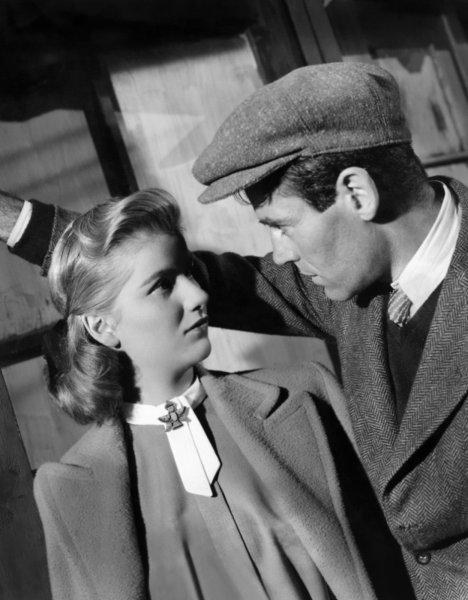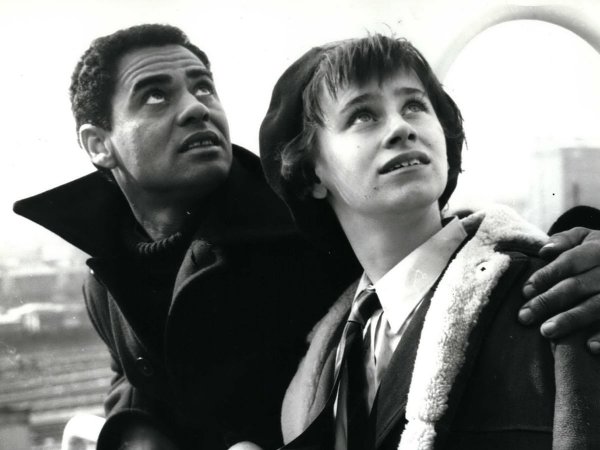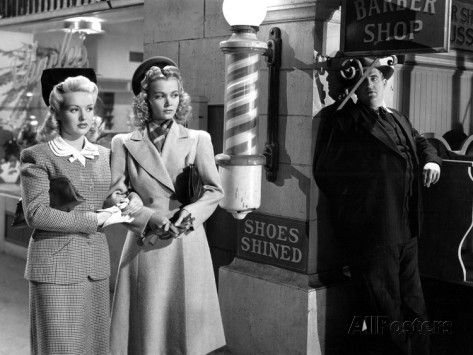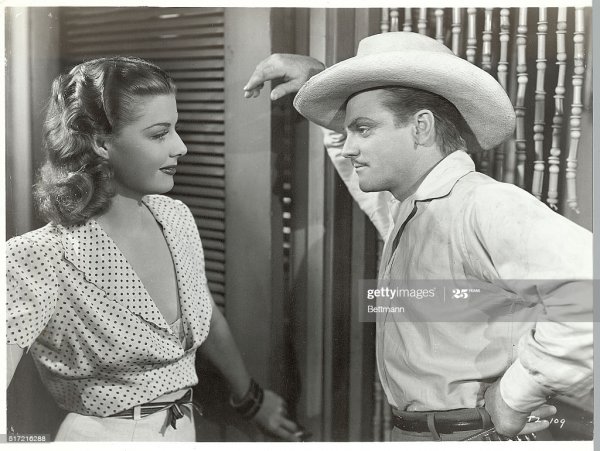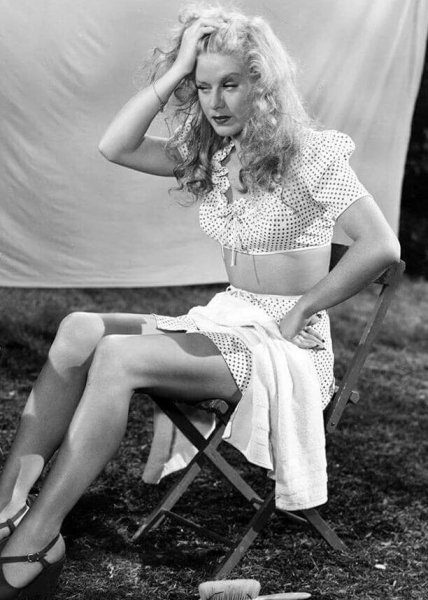- Messages
- 12,736
- Location
- Northern California
Yep!View attachment 248480
Night and the City from 1950 with Richard Widmark, Gene Tierney, Googie Withers and Francis L. Sullivan
This is a noir morality tale bordering on Greek Tragedy. London-based petty grifter Widmark tries to break into big-time wrestling promotion, after much scheming and a bit of luck, by signing a famous wrestler.
But London wrestling is mob controlled meaning Widmark really needs connections, money and muscle to succeed and he has none of the three. The entire movie is, basically, watching this small-timer with big aspirations desperately run around London trying to get the three things he needs and, ultimately, failing at each turn. The mob didn't get to be the mob by letting street detritus muscle in on its territory.
This turf battle takes place against a backdrop of outstanding noir style centering on Widmark who - in a fancy light-colored suit, collar pin, tie and white shoes - looks like a low-rent bounder versus all the dark suits, dark alleys and dark clubs he haunts. And when the action shifts outside at night, London's overly lit club and theater streets make an always-scrambling Widmark look like a pinball getting smacked around by the flippers.
In typical noir fashion, Widmark wrecks a bunch of lives along the way - an older, respected wrestler dies owing to a Widmark scheme, Widmark steals from his ridiculously devoted girlfriend (Tierney) and he destroys the marriage of his business partners leading one to suicide. Not bad for a day's work in noirland.
Sadly, the few decent people in this seedy world suffer the most. Widmark's girlfriend's unconditional love is repaid with neglect, abuse, (the aforementioned) theft of her property and one-last desperately humbling attempt to save Widmark.
Meanwhile, the marriage Widmark destroys is between an older heavy nightclub owner (Sullivan) and his younger-ish shrew wife (Withers) whom he nonetheless loves unconditionally and treats incredibly well. Widmark needs to pit these two against each other to raise funds for his promotion. The wife seeing an out to her marriage lets lose an invective on her husband when she leaves that breaks him, in part, because he knows he still completely and stupidly loves her and would take her back.
So, while Widmark's tale is a basic noir one - a second-rate grifter reaches too high and gets smacked down hard by the criminals with more skills and brains - the real lesson here is a Greek Tragedy one. It painfully exposes how life destroying unconditional love for the wrong person can be. Peters is a broken woman at the end while (spoiler alert) the nightclub owner takes his own life when his wife leaves. It's rough justice and rough morality in Night and the City.
It's not always easy to watch Widmark get bounced around this seedy corner of London, but it's an outstanding British entry into the noir genre propelled higher by the incredibly stylish directing of Jules Dassin, its classic black-and-white cinematography and its meta-tale of unconditional love getting punished unconditionally.
